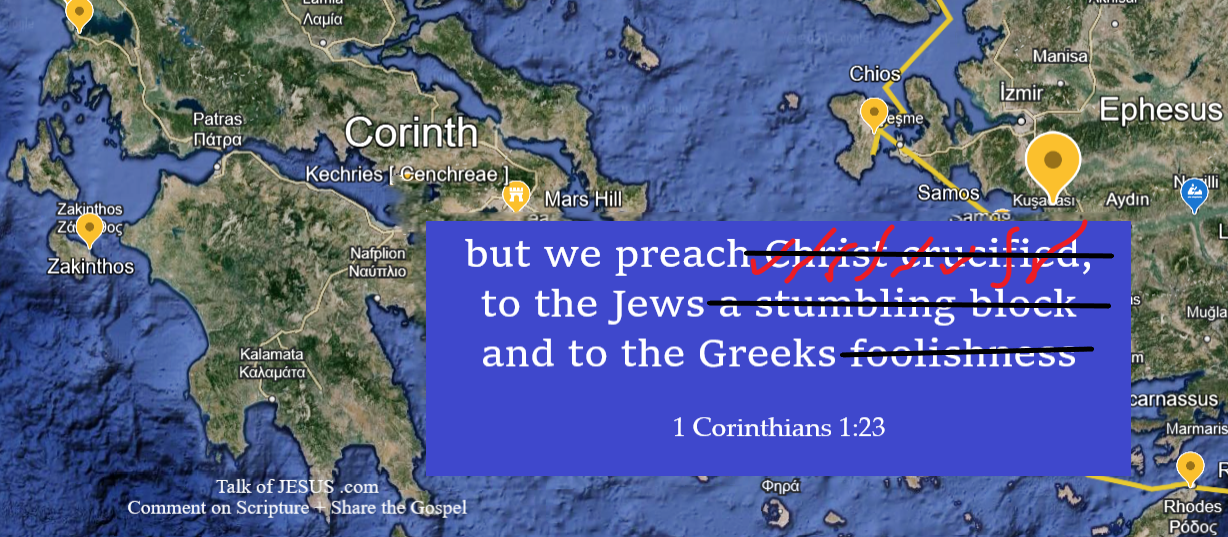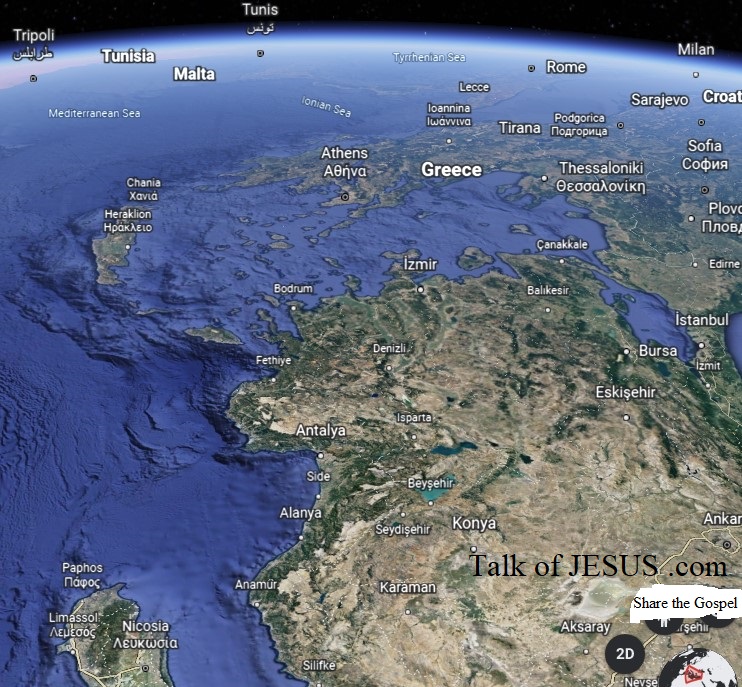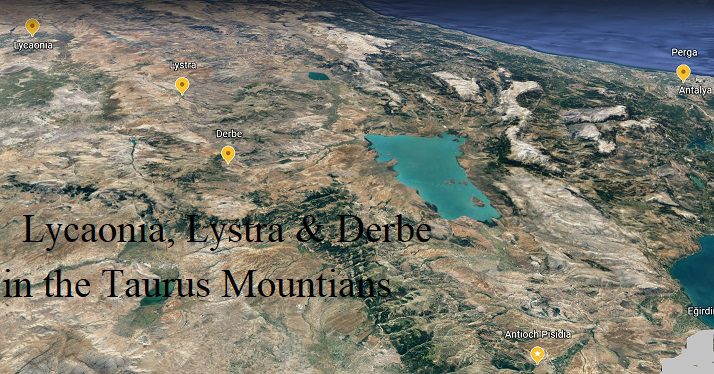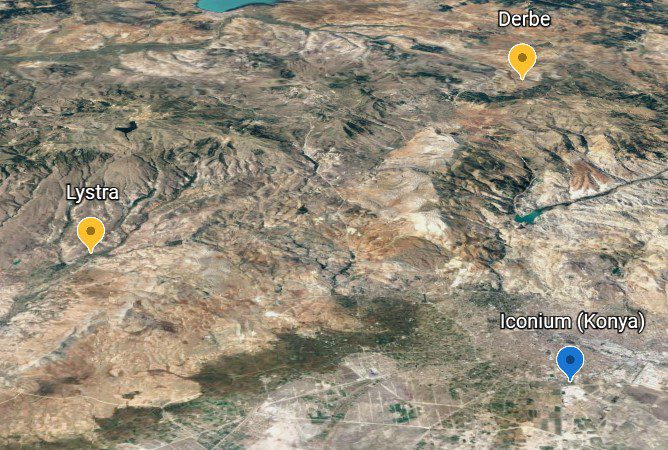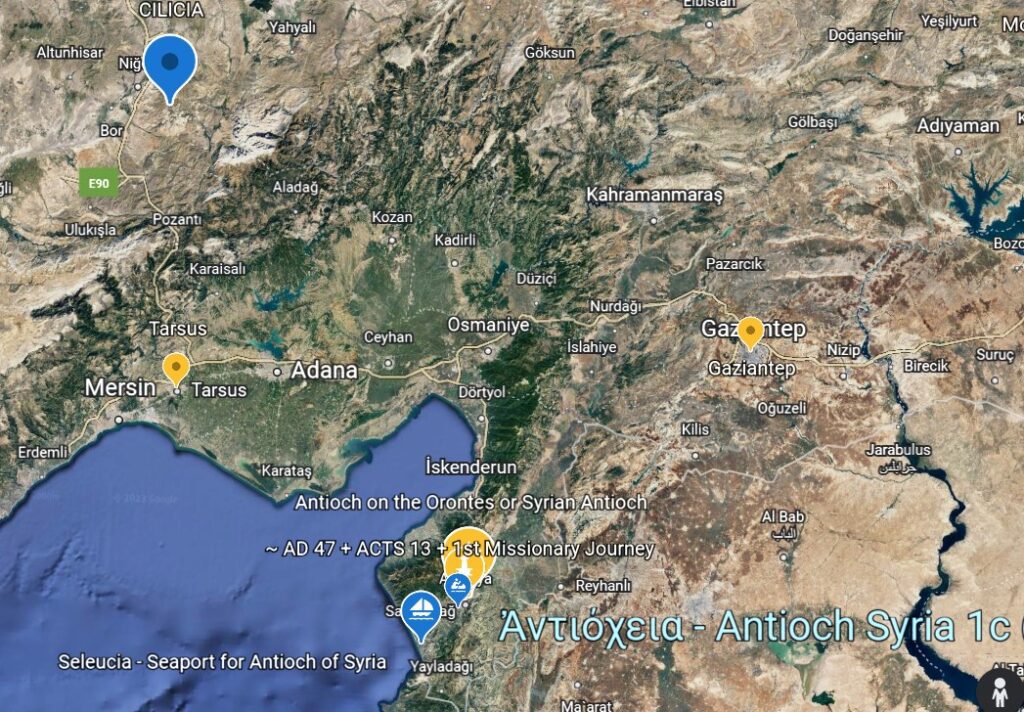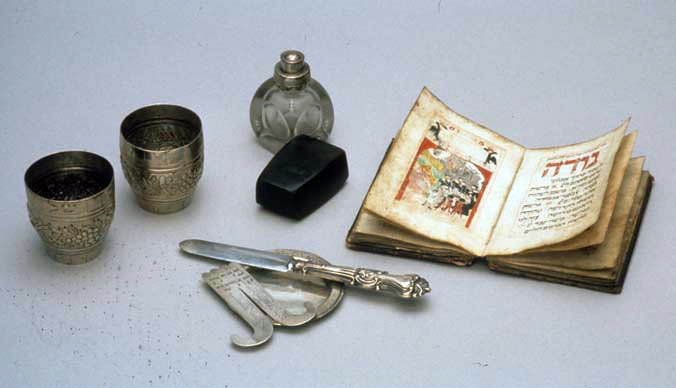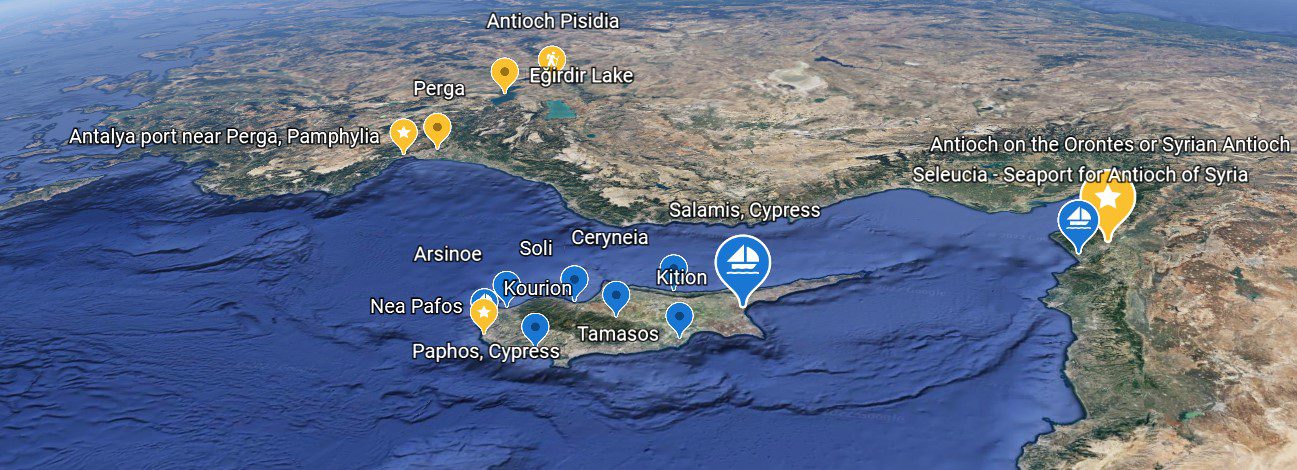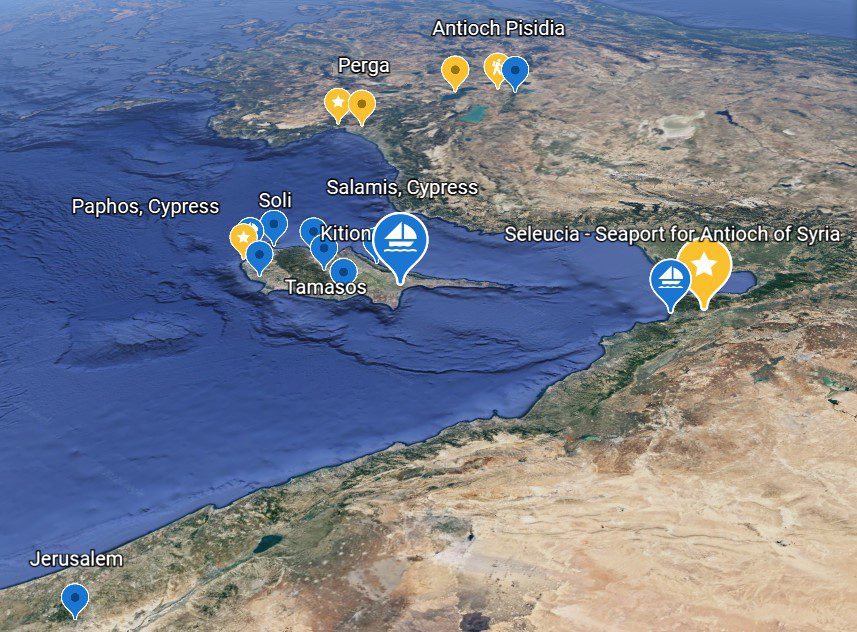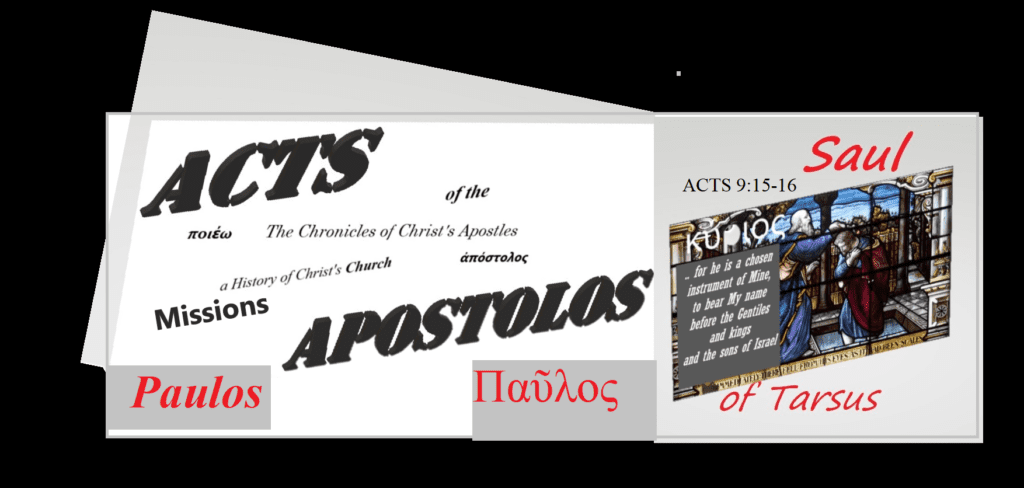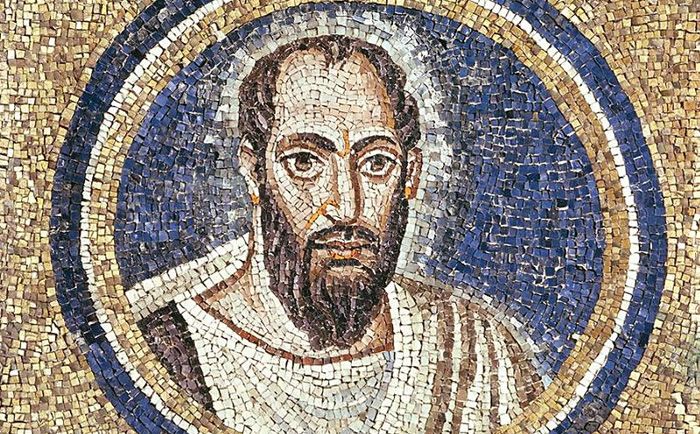For it hath been declared unto me of you, my brethren, by them which are of the house of Chloe, that there are contentions among you.
1 Corinthians 1:11 KJV
Contentions (from the KJV)
Sounds rather serious doesn't it?
1 Corinthians 1 – Contentions between Christians
In our previous look at Paul’s first letter to the Corinthians we looked at the REPORT from Chloe’s household and the Apostle’s brief summary.
What will Paul do about such serious contentions over ministers and teaching in distant Corinth?
Before we proceed with Paul’s Apostolic approach, let’s briefly clarify terms of WHO ARE WE talking about.
ὑπηρέτης – hypēretēs – Ministers of Christ
Who is Paul addressing?
Certain Corinthian church members must have wondered, “Is HE writing to ME?”
Later in his Epistle the Apostle appeals:
Let a man so account of us, as of the ministers G5257 of Christ, and stewards of the mysteries of God.
1 Corinthians 4:1 KJV
SOME of us resist the role to which God calls us in Christ.
Roger@TalkofJesus.com
A minister [ὑπηρέτης] from this context and application is a SERVANT
- an underrower, subordinate rower
- (Picture Paul and other prisoners later rowing a Roman ship toward Rome.)
- any one who serves with hands: a servant
- any one who aids another in any work
- an assistant
- of the preacher of the gospel
I might add that certain servants had the authority of Roman governors or military leaders to judge men under their jurisdiction and prescribe punishments.
The wisdom of the cross and Christian ministers – Rebuke
Problem #1 - Paul reiterated the report of divisions over Christian ministers.
NOW the Apostle will REBUKE the Corinthian church divisions over Christian ministers.
ἐπιτιμάω – Rebuke
LORD, do not rebuke me in Your wrath,
And do not punish me in Your burning anger.
Psalm 38:1 NASB20
Better is open rebuke
Than love that is concealed.
Proverbs 27:5 NASB20
Jesus said to his disciples, “Stumbling blocks are sure to come, but woe to the one through whom they come!
Watch yourselves! If your brother sins, rebuke him. If he repents, forgive him.
Gospel of Luke 17:1,3 NET
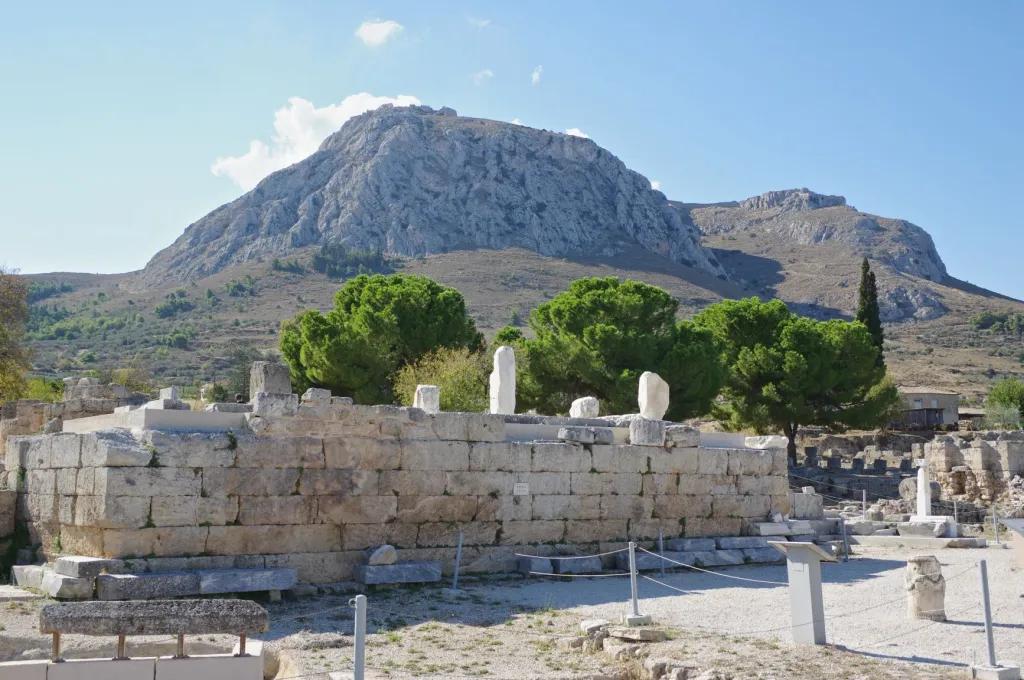
Ruins of the synagogue in Corinth
Christ the Power and Wisdom of God
Paul’s Rebuke of the Church
For the preaching of the cross is to them that perish, foolishness; but to us who are saved, it is the power of God.
1 Corinthians 1:18 – Noah Webster’s 1833 Bible.
PREACHING
The above 19th century English translation by Noah Webster of a 17th century King James Version, which also begins verse 1:18, "For the preaching of the cross...
19 For it is written, I will destroy the wisdom of the wise, and will bring to nothing the understanding of the prudent.
WISDOM is a BIG THING to Greek thinking.
Pastor, Preacher or Minister?
Many prefer to think of ‘Preachers’ as ‘Pastors.’
A popular 20th century title for both was ‘MINISTER.‘
In fact, some English Bibles begin 1 Corinthians 1:18,
For the message of the cross..
OR more true to Paul’s A.D first century Greek,
For the word of the cross…
1:18 Ὁ λόγος γὰρ ὁ τοῦ σταυροῦ τοῖς μὲν ἀπολλυμένοις μωρία ἐστίν τοῖς δὲ σῳζομένοις ἡμῖν δύναμις θεοῦ ἐστιν
λόγος logos https://www.blueletterbible.org/web/1co/1/1/t_conc_1063018
I can’t help but recalling the opening of John’s Gospel.
The logos of Christ's Cross FOOLISHNESS?
The Apostle continues rhetorically asking WHO among you seeks some other WISDOM than Christ?
- Where is the wise?
- where is the scribe?
- where is the disputer of this world?
hath not God made foolish the wisdom of this world?
Paul’s answer:
For when in the wisdom [sophia] of God [theos] the world [kosmos] by wisdom knew not God, it pleased God by the foolishness of preaching to save them that believe.
1 Corinthians 1:21 WEB
Signs and Sophia
Just as Paul’s WISDOM passages point to the Hellenists [GREEK-thinking] of the Empire, the Apostle’s earlier reference to the Scribes points specifically to the JEWS.
“This is an evil generation: they seek a sign; and there shall no sign be given to it, but the sign of Jonah the prophet. For as Jonah was a sign to the Ninevites, so also shall the Son of man be to this generation.
Gospel of Luke 29:11b-12
Paul points to BOTH, in that some JEWS and some GREEKS in the Corinthian church DO NOT believe.
For the Jews require a sign,
and the Greeks seek wisdom:
But to them who are called,
Not ALL are called who gather in the Corinthian Church (or in yours).
both Jews and Greeks,
Christ the power of God, and the wisdom of God.
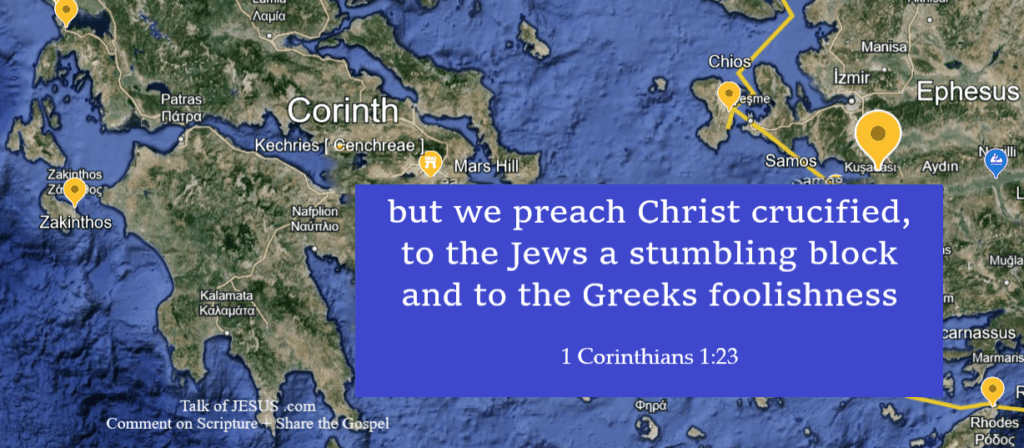
Because the foolishness of God is wiser than men; and the weakness of God is stronger than men.
That no flesh should glory in his presence.
The Apostle Paul's REBUKE of Christian MINISTERS begins here.
Glory Only in the Lord
For [consider] your calling, brethren, that
- not many wise according to the flesh,
- not many mighty,
- not many [well-born] noble,
are called.
What think you, 21st century common era evangelical, of Paul's humbling rebuke?
27 But God has chosen the foolish things of the world to put to shame the wise, and God has chosen the weak things of the world to put to shame the things which are mighty; 28 and the [insignificant or lowly] base things of the world and the things which are despised God has chosen,
and the things which are not, to bring to nothing the things that are, 29 that no flesh should glory in His presence.
30 But of Him you are in Christ Jesus, who became for us wisdom from God—and righteousness and sanctification and redemption— 31 that, as it is written, “He who glories, let him glory in the Lord.”
NEXT: Further rebuke of CHRISTIAN MINISTERS.
Paul will continue his rebuke of the wayward throughout his first epistle to the Corinthians up to Cor. 4:5.
Headings from the NKJV
- Christ Crucified
- Spiritual Wisdom
- Sectarianism Is Carnal
- Watering, Working, Warning
- Avoid Worldly Wisdom
- Stewards of the Mysteries of God
Comment on Scripture – Share the Gospel
